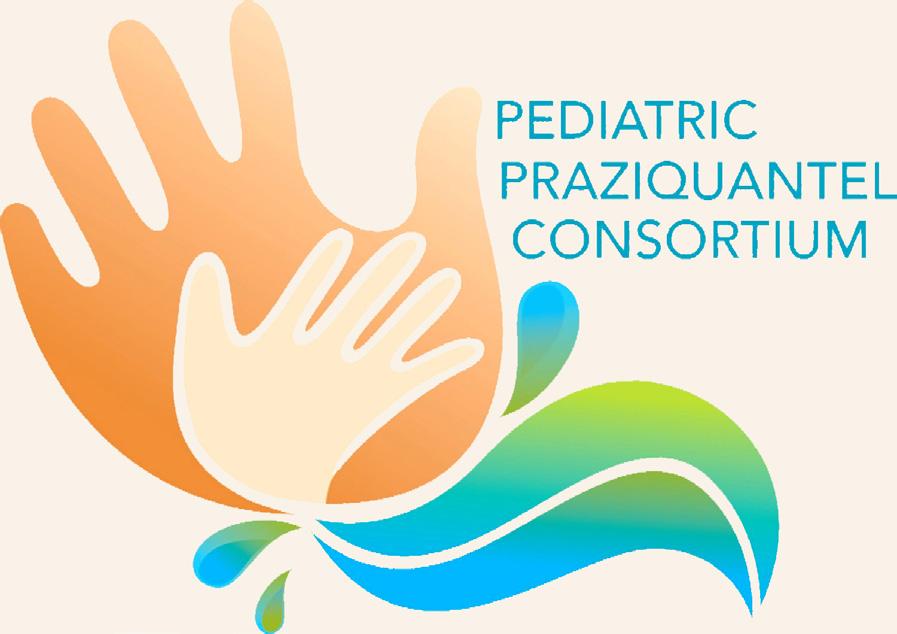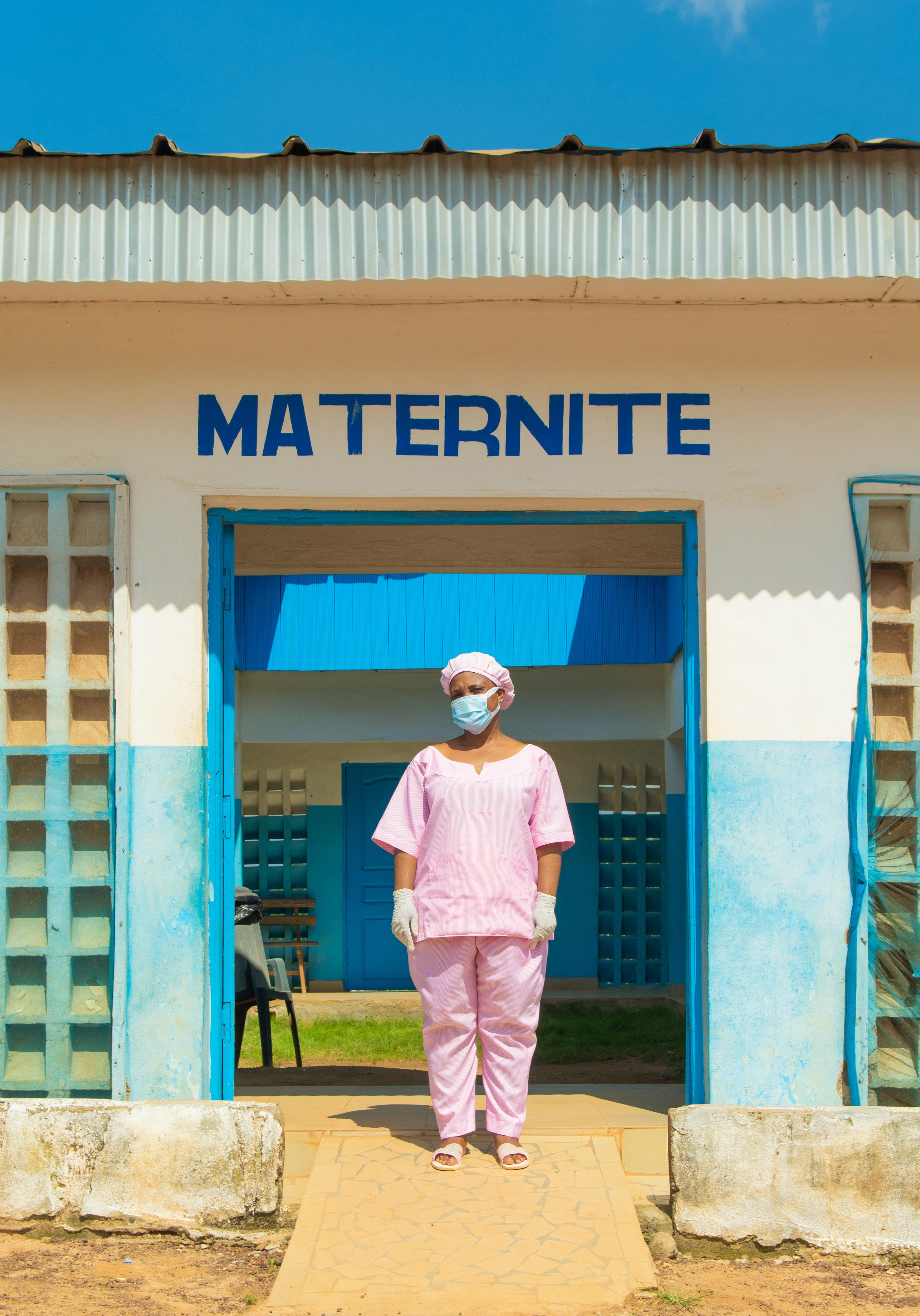
1 minute read
Ensuring access to treatment for neglected populations
Raising awareness of female genital schistosomiasis (FGS) in the UK Parliament
To mark International Women’s Day, as part of the FGS Integration Group (FIG), we co-organised a roundtable for UK Parliamentarians working on NTDs, HIV and reproductive health to discuss the challenges of FGS.
FGS is a disease manifestation of schistosomiasis caused by the Schistosoma haematobium, a waterborne parasite that affects both the urinary and genital tract of infected individuals.
The infection greatly increases the risk of HIV and cervical cancer, and can cause infertility, miscarriage and stillbirth.
FGS is therefore synonymous with inadequate quality and equity of access to health services, as well as broader social and development inequity. Hence, FGS is a useful entry point for identifying gaps in access to healthcare services for women and girls.
A treatment option for infants
We continue to work closely with our partners, including the MoHs in Kenya, Côte d’Ivoire and Uganda, to pave the way for access to a potential new paediatric treatment for SCH through our work as part of the Pediatric Praziquantel Consortium. Currently there is no suitable paediatric medication for children aged 3 months to 6 years.
In the last year, the consortium’s work has mainly focused on preparing for small-scale pilots that are expected to take place in 2024. These will involve trialling and evaluating distribution of the new medication to pre-school aged children through different approaches, including communitybased MDA and child health days.
Chaired by Baroness Barker, the discussion brought together experts including our CEO Dr Wendy Harrison, Amaya Bustinduy and Helen Kelly of LSHTM, Pamela Mbabazi of WHO, Robinson Karuga of LVCT Health Kenya, and Felicia Wong, FIG co-chair.
The roundtable concluded that collaboration across parliamentary groups and across the issues of HIV, cervical cancer and reproductive health can amplify progress for these issues while improving women’s health and the quality of health services overall.
To date, partners have successfully collaborated on the development of implementation guidelines and context-specific awareness-raising strategies to encourage uptake of the new treatment option. We look forward to our continued partnership with all three countries as they prepare to target paediatric populations as part of pilot distribution in 2024.

Pohole Lessenon Alida, a midwife at the urban health centre of Grand Zattry in Côte d’Ivoire raises awareness of FGS. Many of the women in the area are farmers in regular contact with parasiteinfested water.
Image by: Unlimit Health/Aka Aboubakhr Thierry Kouamé




